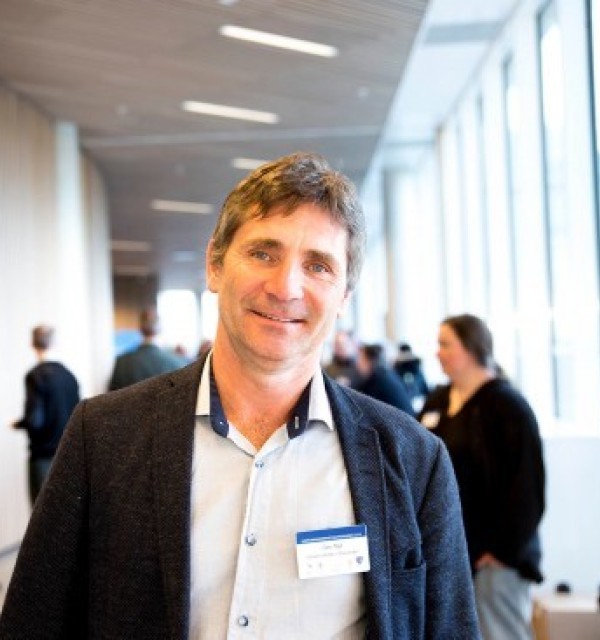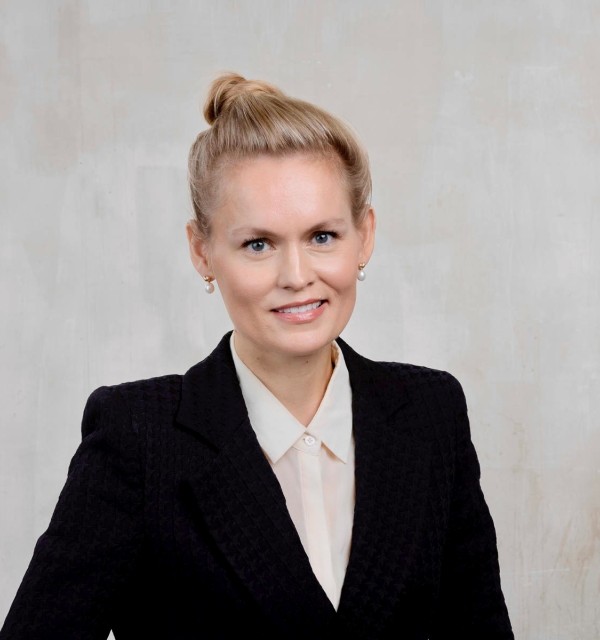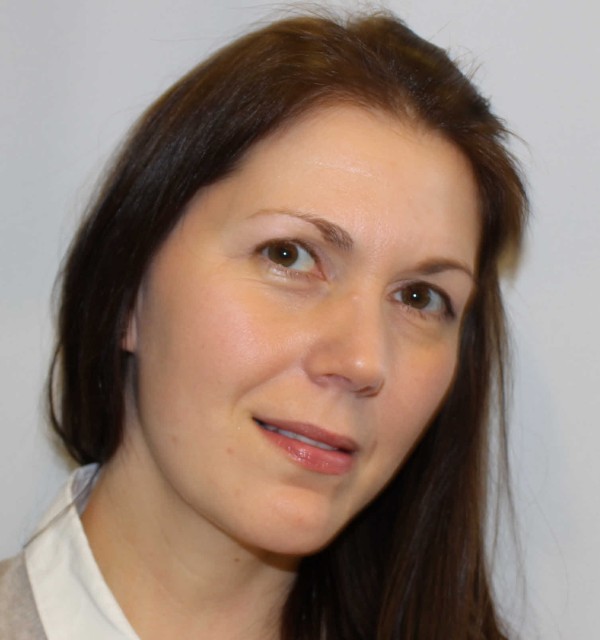The primary goal of the Resilience in Healthcare (RiH) project is to reform the quality of current healthcare systems by establishing a new and comprehensive Resilience in Healthcare framework.
2018 - 2024
The Research Council of Norway – FRIPRO TOPPFORSK, UiS, NTNU Gjøvik, Norwegian Air Ambulance Foundation
66 millions
We need a new approach to ensure quality and safety in health care.

Research efforts to understand and reduce healthcare induced adverse events has traditionally focused on healthcare failures. Significant advancements have yet to be made, however, as internationally the rate of harm has remained steady at about 10% for hospitalised patients. The relative consistency of these findings has gradually led to the conclusion that traditional research that relies on a range of standardised ‘find and fix’ methods is inadequate for understanding healthcare quality. Rather, such research must focus on the inherent complexity of healthcare systems, which are characterized by multiple stakeholder interactions and a significant degree of performance variability within and across system levels.
Resilience is a systems approach concerned with the proactive ability of organisations and individuals to anticipate, monitor, respond to and learn from variability and disruptions. Resilience is about adapting everyday functioning to successfully resolve challenging organisational conditions, allowing for operations to continue with a sound level of quality. Resilient characteristics have been largely unexplored in the healthcare sector, with the exception of small-scale case studies within certain clinical areas. In-depth empirical research from multiple large-scale clinical practice settings is of crucial importance to systematically map, test and evaluate concepts and interventions related to resilience in a variety of clinical settings and empirical contexts.
The RiH project will shift the research focus from healthcare failures to the overwhelming majority of healthcare processes with successful outcomes, to determine how high quality is generated in everyday clinical work across different healthcare systems. It will apply a longitudinal collaborative research design within (a) the emergency chain and (b) the continuity chain. Empirical data on the healthcare processes involved when patients move along these two chains will be of major analytical interest. The project will feature long-term multidisciplinary collaboration between national and international researchers interacting with a wide variety of healthcare stakeholders. The empirical research will result in an evidence-based RiH framework that will model the ability of healthcare providers to anticipate, monitor, respond to and learn from variability and disruptions. Through the development and implementation of such a framework, the RiH project will seek to build and support resilient systems and processes across the entire healthcare services.
Find more information and recent publications in the Research Council's project bank.
Researchers
Partners
- Anne Vifladt, NTNU Gjøvik
- Eystein Grusd, NTNU Gjøvik
- Eystein Myhr, NTNU Gjøvik
- Elisabeth Jeppesen, SNLA
- Mathias Cuevas-Østrem, SNLA
- Mathilde Bourrier, University of Geneva, Switzerland
- Stephen Billett, Griffith University, Australia
- Jeffrey Braithwaite, Macquire University, Australia
- Janet Anderson, City, University of London, Storbritannia
- Roland Bal, Erasmus University, The Netherlands
- Carl Macrae, Nottingham University, Great Britain
- Mary Chambers, Kingston and St George’s University of London, Great Britain
- Olav Røise, Oslo Universitetssykehus
Expert Advisory Board
- Jeffrey Braithwaite, Macquire University, Australia
- Minna Sivennoinen, University of Jyväskylä
- Jessica Mesman, Maastricht University
- Carolyn Canfield, The University of Brithish Columbia







